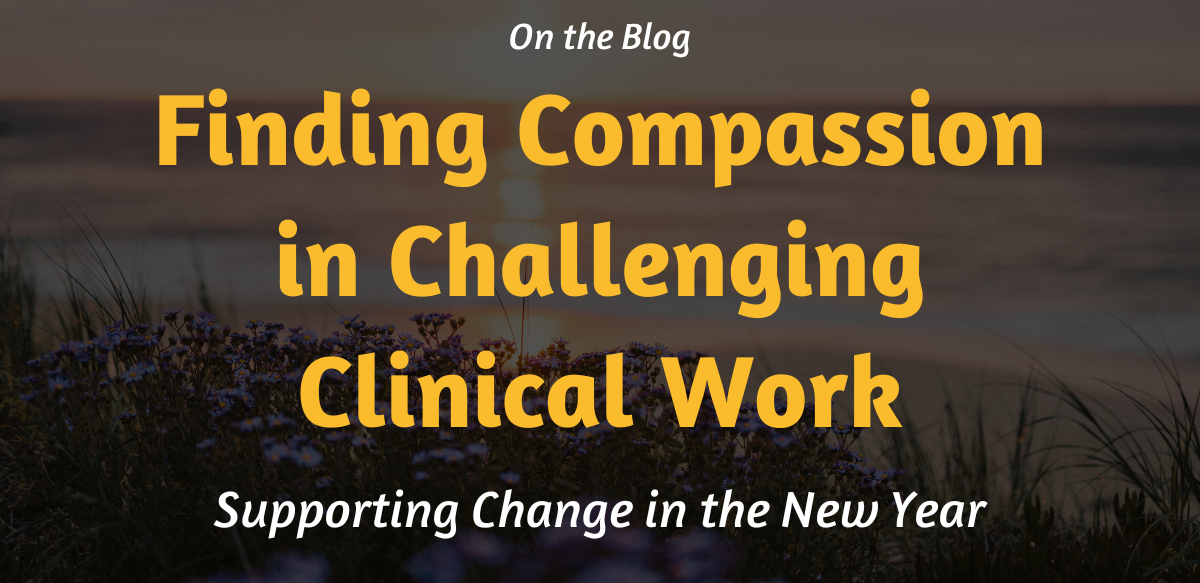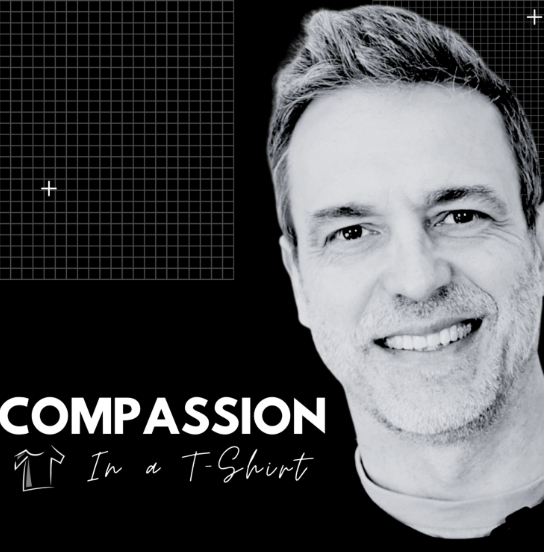
As we approach the New Year, a time traditionally associated with reflection, renewal, and hope, mental health professionals are reminded of the profound impact they can have on their clients’ journeys toward change. This season invites us to consider not only our personal resolutions but also the transformative potential we hold in our therapeutic relationships with individuals whose behaviors have violated societal norms and moral standards. For therapists working with individuals who have committed sexual offenses, this challenge is especially poignant. How can we foster an environment of compassion and accountability, helping clients embrace new beginnings while confronting the complexities of their past actions?
The Challenge of Creating a Therapeutic Connection
In a compelling dialog, David Prescott, LICSW, ATSA-F, Director of the Safer Society Continuing Education Center, addresses the dilemma facing professionals who treat individuals who have sexually offended. Speaking with Dr. Steindl—an Australian clinical psychologist who specializes in motivational interviewing and Compassion-Focused Therapy (CFT)—Prescott addresses the core challenge of maintaining compassion while confronting these difficult behaviors.
“Sometimes we see behaviors we might feel very challenged by or even find abhorrent or certainly in conflict with our own values. And yet we want to maintain compassionate motivation,” Prescott said. Interacting with clients compassionately while eliciting their internal motivation to change is the most effective way to help them become accountable for their actions and invested in their lives. This tension between professional responsibility and personal reaction requires careful navigation from practitioners.
Prescott then describes how our understanding of treatment has evolved significantly. He provides Dr. Steindl with a brief history of behaviorally based therapies, especially those developed in the 1960s, and concludes that “Over the years, many of us became actually quite pessimistic and began thinking that we can’t change somebody’s innate sexuality. But we can help people to make changes to their behavior.” This realization marks a pivotal turn, focusing treatment on behavioral modification rather than attempting to alter core sexual preferences.
Understanding Human Complexity
Working with people who have harmed others sexually often reveals the complexity of human experience. Prescott shares, “I’ve met thousands of people with that interest [in harming others] who say, ‘I don’t ever want to hurt another kid, ever. Please give me the skills so that I don’t do that again.’”
This plea for help reveals the intricate layers of human behavior. It challenges our preconceptions, forcing us to confront the uncomfortable, but also hopeful reality that even those who have committed offenses may harbor a genuine yearning for change. This insight highlights a shared human desire for connection, freedom, and positive change.

The Power of Human Connection
Alternative treatments to behaviorally-based approaches have emerged over the years. During the interview, Prescott and Steindl discuss some of the key concepts of forensic CFT. They uncover that the core principle of CFT remains surprisingly simple: human connection as a therapeutic tool. Prescott references Bruce Wampold’s psychotherapy research in which he concludes that “the most effective intervention is actually the most low tech – the human conversation.”
In forensic settings, CFT begins with a compassionate understanding of the origins of harmful behavior, helping clients reimagine their sense of guilt within the context of compassionate motivations. By fostering self-compassion and understanding the roots of harmful behavior, CFT may enhance the effectiveness of treatment in forensic settings, providing clients with tools to navigate challenges, build emotional resilience, and cultivate a compassionate relationship with themselves and others.
In addition, Prescott points out that research consistently shows that “…those therapists who are empathic and rewarding and yet still directive in the sense of moving treatment forward get the best results.”
Hope and Possibility in the New Year
As we stand on the threshold of a new year, the insights shared by Prescott illuminate a powerful message of transformation and renewal. The journey of change is not about perfection, but about hope, connection, and the courageous willingness to grow.
Prescott’s powerful words resonate deeply with the spirit of New Year’s resolutions:
“Did you ever make any changes in your life because your therapist worked with an evidence-based manual? Did you ever change because of the great homework? Did you ever change because you challenged your own cognitive distortions? Little bits of this ring true, but we’re more experiential than we realize. People make changes because of a relationship experience in which hope and possibility are either born for the first time or reborn. And I suspect that that’s going to be the magic ingredient when the hope of the practitioner rubs off onto the client.”
In this hour-long interview with Dr. Steindl, the key lessons for therapists entering this New Year are profound:
- Embrace professional boundaries with compassionate understanding
- Recognize that true change emerges from genuine human connection
- Transmit hope as a transformative therapeutic tool
- Understand that every client has the potential for personal renewal
As we turn the page to a new chapter, mental health professionals have a unique opportunity to be architects of hope. By blending professional expertise with authentic human compassion, we can help clients—even those who have made significant mistakes—envision and work towards a different future.
This New Year invites us to believe in the possibility of change, to approach challenging clinical work with empathy, and to remember that every individual carries the potential for personal transformation. The most powerful intervention remains our capacity to connect, understand, and inspire hope.
Listen to the Full Interview
Compassion In a T-Shirt: Podcast with Dr. Steindl
Click here to listen!
Podcast Description: Join me and my special guest, David Prescott, LCSW, in an enlightening discussion about the evolution of compassionate approaches in sex offender treatment. Explore the integration of empathy and a therapeutic alliance in contemporary practices such as cognitive behavioral therapy, feedback-informed treatment, and motivational interviewing. Delve into the complexities and challenges faced by therapists, including dealing with societal reactions, stigmatization, and maintaining professional boundaries. The conversation also highlights the importance of continuous learning and self-improvement, with insights into using client feedback and the impact of community-driven efforts to end sexual abuse and violence through organizations like Safer Society Foundation.
Also, make sure to listen to the Safer Talk webinar, “The Gifts of Compassion: Understanding and Overcoming Suffering.” During this webinar, David Prescott interviews Dr. Steindl on how compassion has evolved as a vital part of our nature and thought, and the way we look after one another, and even ourselves. They then discuss how to use our compassion as a key to a healthier mental life through a clear series of steps and practices.
References
Wampold BE. How important are the common factors in psychotherapy? An update. World Psychiatry. 2015 Oct;14(3):270-7. doi: 10.1002/wps.20238. PMID: 26407772; PMCID: PMC4592639.


